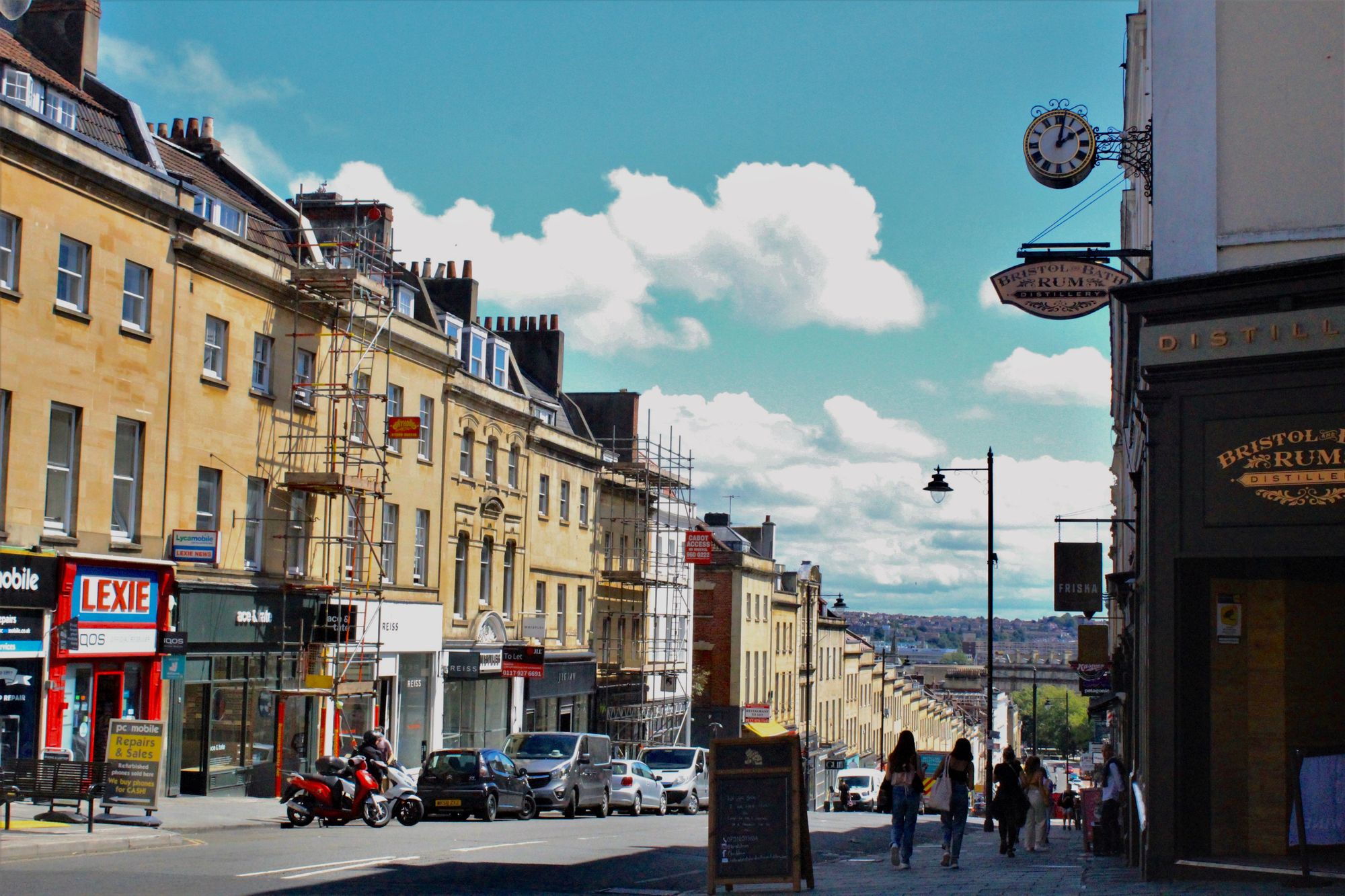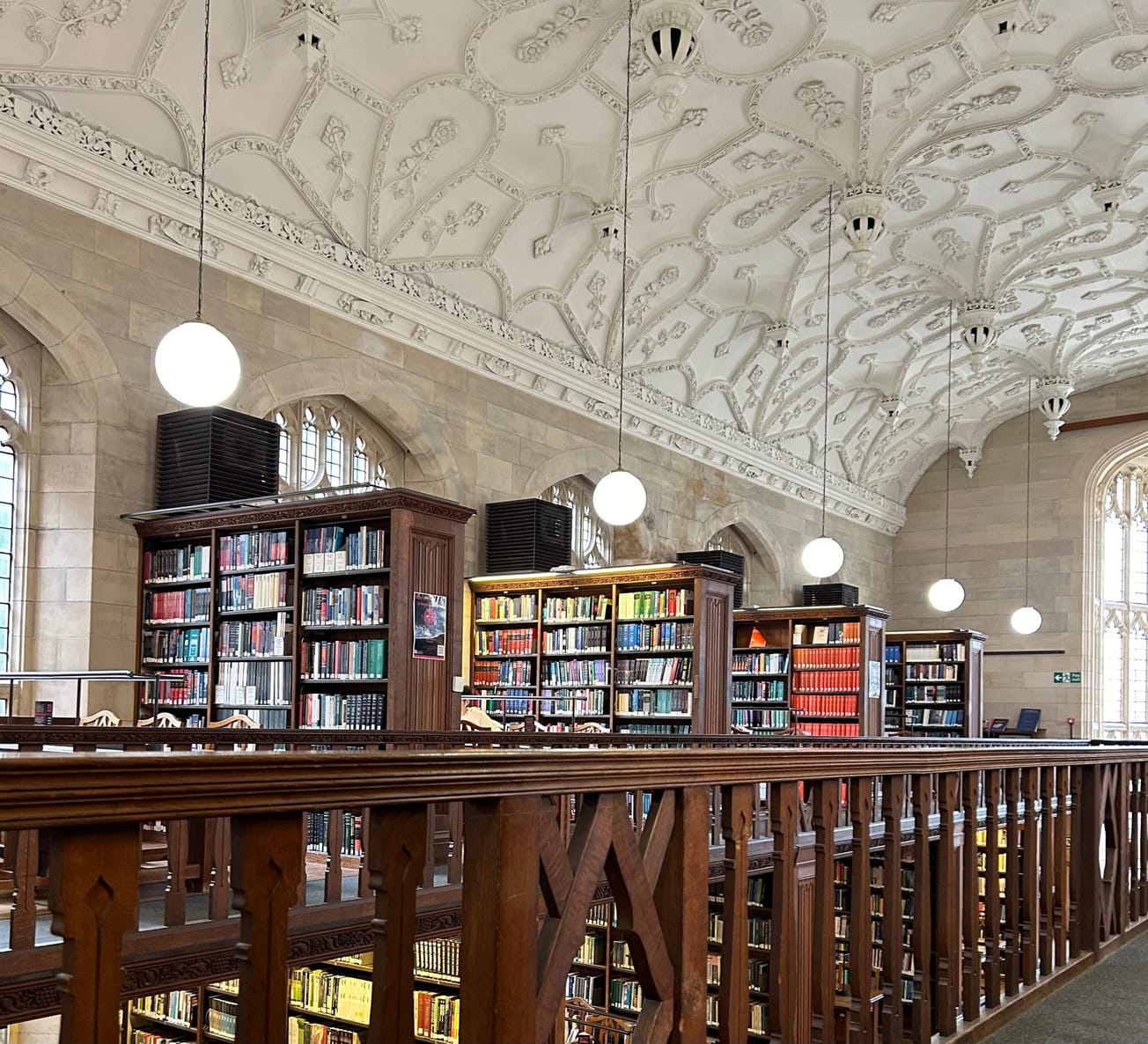By Gemma Blundell-Doyle, First Year, English
Throughout the haze of the longest, hottest, most tedious summer of my life, visions of Bristol have occupied my mind more frequently than they did in the anxiety-fuelled lead up to results day last year. Initially, the chance to depart from my family home was a welcomed tonic to my prolonged languor. But now, like many other students, I fear this will prove a mirage.
Although the University has released extensive information on the safety measures it will install on campus, I can’t fathom how meetings of swathes of people from across the country in a concentrated area won’t result in a surge in cases of Covid-19.
Our only saving grace is that the student population is of a younger age range and therefore have a lower risk of being fatally affected by the virus. But this does not account for the immunocompromised, or those with caring responsibilities. Not to mention, the fact that many lecturers and University staff members belong to higher risk age groups.
Our only saving grace is that the student population is of a younger age range and therefore have a lower risk of being fatally affected by the virus
Obviously, the University has the precarious task of remaining open and providing education safely so it can continue to charge home fees at least. The financial stability of the University will likely have been placed in jeopardy by the inevitable loss of income from international students.
'Living Circles'How will ‘living circles’ work for Bristol University freshers when they arrive next term?
Posted by Epigram on Sunday, August 9, 2020
The University has published online that it is adapting spaces (libraries, study spaces, residences, cafes, sports centres, social spaces) to keep in line with social distancing guidelines. Ensuring that ‘when all the criteria for a Covid-19 Secure workplace are met, a Covid-19 Secure Certificate will be issued by the University’s Chief Property Officer’.
It seems this is the most concrete form of reassurance of safety being offered so far. This is not a complaint. So many of the factors that determine transmission through a community are down to the behaviour of individuals – something the University cannot police.
I imagine many students will be lulled into the belief their actions will not have major ramifications. This will inevitably lead to large amounts of people mixing at house parties and other risky social events.
We have all heard the phrase ‘town and gown’, which denotes the social separation between students and their local community despite their existence in close proximity.
The University must maintain a Covid-19 secure environment on campus to the best of its ability
It would be awful if relations between Bristolians and Bristol’s student population were tainted by a local lockdown that we were blamed for. The idea that students could be likened to a virus itself, hijacking local facilities for their own means and rendering them impossible to use by the local population is troubling.
With this in mind, the opening up of student-only facilities (including the University gym) is a relief. It is the responsibility of each individual to assess their own circumstance and decide whether each non-essential activity is worth the risk of catching coronavirus.
Of course, many will argue that exercise is essential. I completely agree. We are all aware of its physical and mental benefits. However, the risks associated with using gym equipment touched by others in an indoor environment where people are breathing heavily is something a one-hour time limit and the promise of regular cleaning cannot erase.
It is the responsibility of each individual to assess their own circumstance and decide whether each non-essential activity is worth the risk
Thankfully, Bristol has a wealth of outdoor spaces where socially distanced workouts can take place. These options will be less viable in the autumn and winter months however, and may push students back into the gym.

The defining non-essential activity of University life is, of course, socialising, though this poses health risks to local residents once the student population returns.
The financial hit to local businesses, including pubs, restaurants and cafes in our absence, if prolonged, will also be fatal. Bristol’s student population contributes millions of pounds to the local economy and if lost, there would be a detrimental impact on hundreds of businesses.
To preserve the symbiotic relationship between businesses and students, the University must maintain a Covid-19 secure environment on campus to the best of its ability.
Like any unresolved situation, the conditions surrounding it are constantly changing with new factors repeatedly thrown into the mix.
We can only hope that in Bristol’s case, the arrival of students en-masse in October, does not trigger an upward trend in cases.
The University’s contingency plan in this case is to increase the amount of learning done online. Although this would curtail the enjoyment of University life, it would undoubtedly be a necessary sacrifice for the wider community.
Featured: Lucy O'Neill / Epigram
How do you feel about the return to campus?








